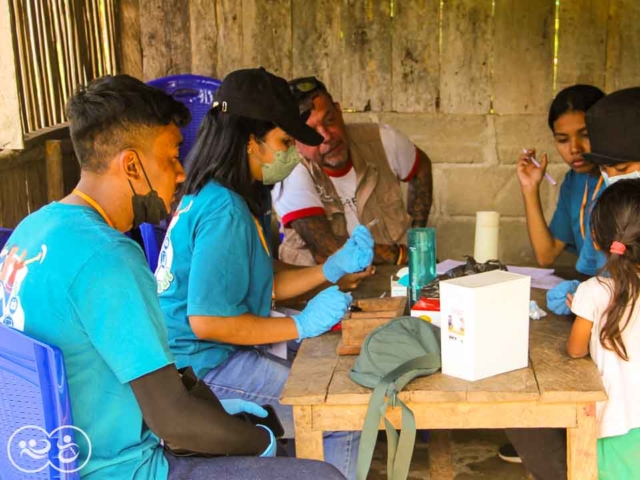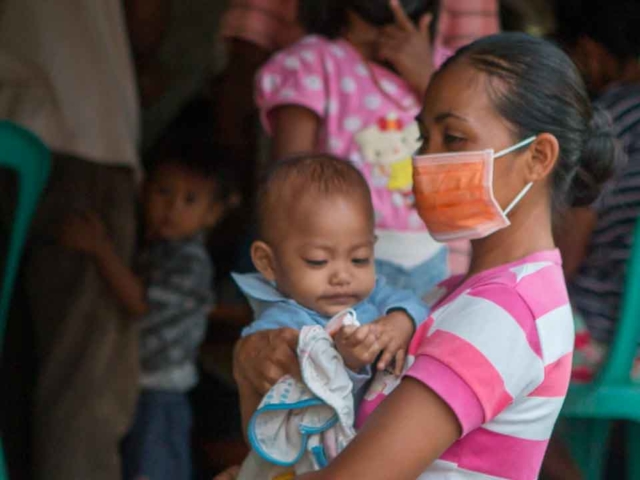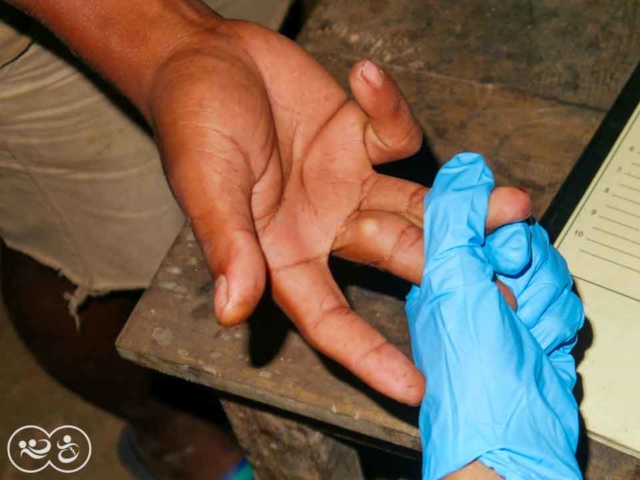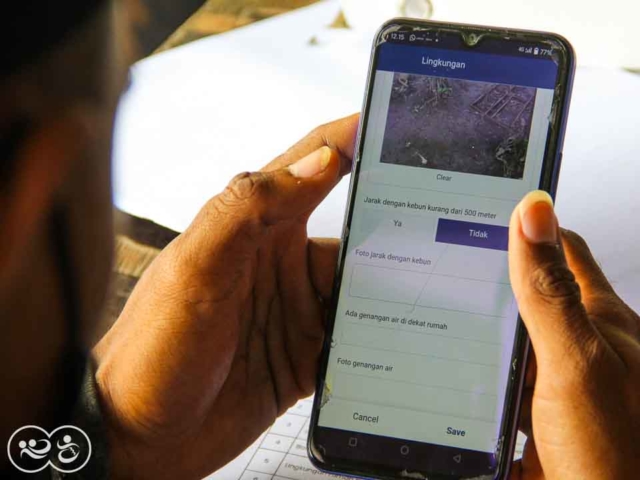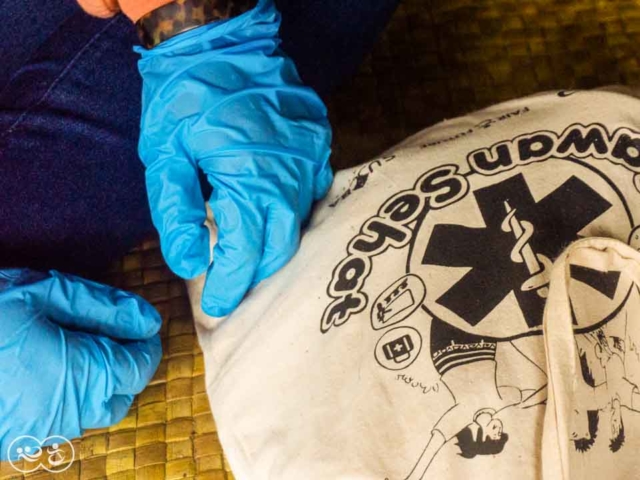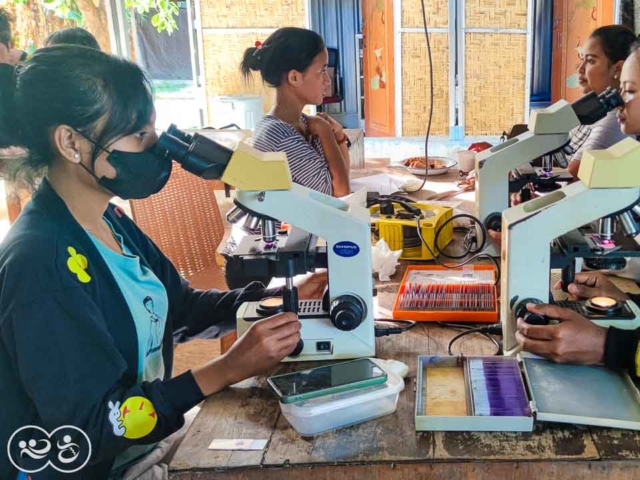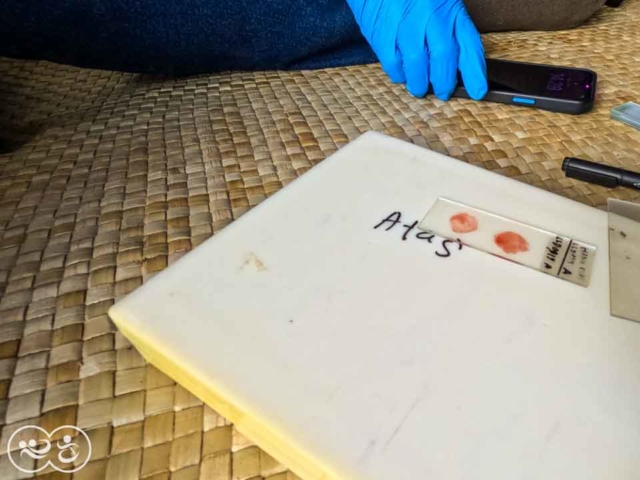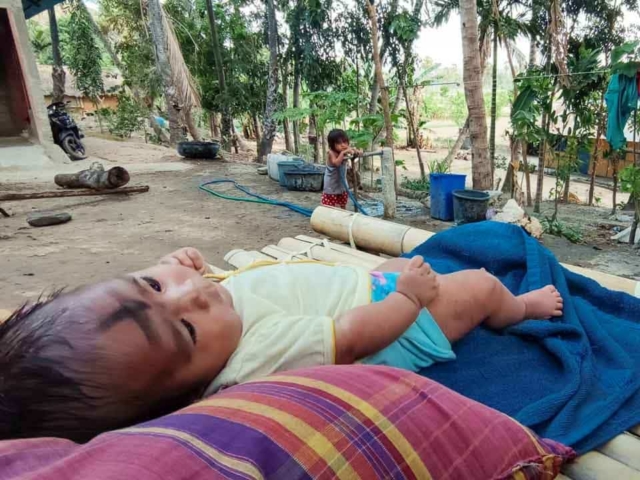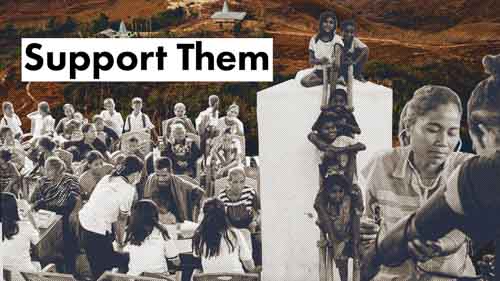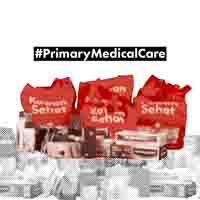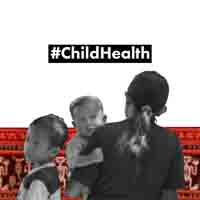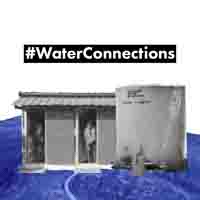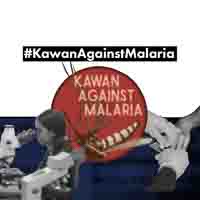In this compelling piece, Alex Wettstein reveals the harsh realities of healthcare in East Sumba, where his foundation, Fair Future, wages a daily battle against diseases like malaria.
Amid the absence of substantial international aid, the foundation stands as a beacon of medical equity. The article looks inside at the immense challenges and critical work involved in uplifting one of Southeast Asia’s most impoverished areas.
Allow me to share a story with you, a true story, if I may. One that has shaped my life for years—almost fifteen years, in fact!
Hello to everyone, it’s Alex. How are you today?
In the remote regions of East Sumba, days and often nights are neither calm nor peaceful. The serenity is regularly pierced by sounds that offer no comfort—those of acute pain inflicted by infectious diseases like malaria, dengue, tuberculosis, and polio, and hunger and thirst. Often, too, it is the sound of death.
This is not a cinematic dramatization; it’s the terrifying and unbearable reality lived by tens of thousands of people. My name is Alex Wettstein, and as the founder of Fair Future Foundation, I feel compelled to break this silence, not with placating words but with deliberate and authentic indignation.
The #ZeroMalaria program we initiated carries with it seeds of hope, just like our fight against other infectious diseases. I have both the pride and frustration to announce the availability of the interim report on this program. Yes, it’s in English, but I implore you to take the time to read it, reread it, understand it, and share it. This is not just a stack of papers; it’s the reflection of an ongoing battle—a battle upon which hundreds of thousands of families depend here in the most remote and impoverished regions of Indonesia and Southeast Asia.
You might wonder why this battle is so long-winded. Even with more than a hundred people on the ground, committed to this war against diseases, malaria does not just vanish. We fight house by house, door by door, to reduce mortality, identify positive cases, educate, and engage in proactive prevention.
For all of us, every life saved is a victory, but each death is a personal defeat. I can no longer bear to see children, pregnant women, and chronically ill patients succumb to these largely preventable diseases, if only we are given the means to fight them. I can no longer accept watching kids die from hunger, thirst, lack of sanitation, or access to medicine, sufficient medication, clean water, or food.
The struggle is intense, and I must commend our team members’ courage, strength, and immense professionalism in the field. These individuals, nearly 70 of whom are volunteers, work under incredibly challenging conditions, yet their determination never wavers. They deserve more than applause; they deserve tangible and financial support that will help eradicate these diseases.
It’s no small feat for a small Swiss medical foundation, founded in 2008 by two idealistic individuals, to be the only organization battling these afflictions. Yes, you read that correctly: We are alone here in one of the poorest regions, where the aridity of the land resembles that of dry African regions.
Where, indeed are these large organizations? Despite our ongoing efforts to raise awareness and multiple invitations to witness our operations firsthand, the absence of support from the authorities of our home country, Switzerland, is a staggering disappointment. But it doesn’t stop there. Dear friends, it’s time to ask: Where are organizations like UNICEF –particularly its Indonesian branch-and the World Health Organization? These entities amass millions in donations, yet we see no evidence of these resources being deployed here.
We work tirelessly in remote villages like Mahu, Lahiuru, Laindatang, Lulundilo, Haray, Mbinudita, etc. These are names you won’t often hear, but they are places of urgent need, deserving of attention and action. Yet these well-funded organizations are conspicuously absent from these critical landscapes. But, we are here!
So let this serve as a reminder and a call to accountability: Publications and posts on social networks have never saved a life, treated, fed, or operated on a child. I can tell you this first-hand. While social media can spread awareness, it is no substitute for on-the-ground, tangible interventions. The pressing issues we face require more than just clicks and shares; they demand committed action and meaningful allocation of resources.
This coming February marks a poignant moment for all of us at Fair Future—our 15th anniversary of unwavering commitment, work, and continual presence in these communities. While this milestone is symbolically significant, it also carries a weight that presses deeply on my heart. There are moments, days, even when the challenges feel insurmountable and the urge to give up is overwhelming. But then I remember the faces of these families, their eyes filled with a desperate need and a hope that we might be their lifeline.
This commitment is not just an intellectual choice; it’s visceral, it’s in my flesh and genes—I could no more abandon them than I could abandon myself.
We stand apart from other foundations. We are unique in how we operate and our unwavering commitment to where it matters most. You should know that each donation you make, each franc you contribute, goes directly to where it’s needed most—almost 93% is channelled into medical aid projects. There are no salaries and just a minor administrative overhead here; we are all volunteers. I, for one, am perpetually on the ground, shoulder-to-shoulder with those we aim to help.
It’s not just about money; it’s about impactful action. We require a range of resources to continue our work effectively. We need medications, microscopes for accurate diagnostics, rapid tests to identify diseases in their early stages, advanced laboratory equipment for thorough analyses, and logistical support to ensure that medical aid reaches the remotest corners of these regions.
So, I extend this heartfelt call to action: Make a donation, dear friends. Your contribution is not just a financial transaction; it’s a commitment to humanity, a step towards levelling the playing field in medical equity, and, most crucially, a life-saving intervention.
I feel you, and it’s comforting to know that you are there with us for these hundreds of thousands of families who rely on Fair Future. Thank you for that, and together, let’s continue this indispensable fight.
Alex Wettstein – Fair Future Foundation medico-social camp in East Sumba – Rumah Kambera, Lambanapu, 15th of October, 2023
Faces and Places of Change: Capturing the #ZeroMalaria Journey
Malaria remains one of the most devastating diseases affecting East Indonesia, with thousands of deaths occurring annually and implications for families, communities, and economies.
As we are doing here in Sumba Timur, improving access to clean water and healthy sanitation facilities helps significantly reduce the spread of malaria by limiting the habitats of mosquitoes. Mosquitoes need water to breed; if there is no standing water, if the water stays cool, stays out of the light and circulates, they cannot reproduce. In addition, adequate sanitation facilities reduce individuals’ exposure to disease-carrying mosquitoes.
Clean water, such as #waterconnections projects, actively participates in preventing the complications of malaria. People with malaria need to drink plenty of water to avoid dehydration, which can be difficult in areas where access to clean water is limited, as is the case in the regions where we are right now with the @fairfuturefoundation and @kawanbaikindonesia teams.
In short, improving access to sanitation facilities and clean or safe water is, for all of us here -in the context of our medical care programs- an essential element in the fight against malaria. It will help reduce the spread of disease-carrying mosquitoes, prevent complications and improve the recovery of people with malaria. We fight the spread of #malaria by understanding how it is transmitted, providing primary medical care and providing access to clean, uncontaminated water sources. We desperately need antimalarial drugs and rapid tests to detect the disease. You can help us by donating via the foundation’s website. @unicef and @unicefindonesia? Are you ready to fight this epidemic with us? We are onsite, and we need you.



